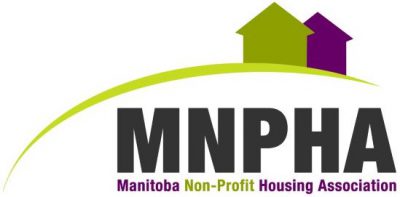There are homeless people in Selkirk – an area that does not have a shelter and where subsidized living arrangements are at capacity.
Canada is the only G8 country that does not have a housing strategy. It costs more per day to house someone in jail ($143 per day), in a psychiatric inpatient bed ($665 per day), in a shelter ($69 per day), compared to supportive social housing ($25-$31 per day). It also costs more to the taxpayer for people to remain homeless, as they use emergency services.
Tristan Dreilich is a mental health resource developer with the Canadian Mental Health Association. Through his position he tries to increase the affordable housing stock within the Interlake region, which has lead to the creation of the Interlake Affordable Housing Coalition. The Coalition is still in the formation stages and started to take shape back in November, explained Dreilich.
The need for the Coalition derives from the affordable housing needs assessment for the City of Selkirk, which was conducted in March 2010 and published in October 2010. It states 101 single occupancy units are needed in Selkirk while 97 units are needed for families.
“It isn’t just an issue in Selkirk, it isn’t just an issue in the Interlake, it isn’t just an issue in Winnipeg or Manitoba – it’s across the country,” said Dreilich.
Dreilich explained from his own stats which he has been recording since October, a bachelor apartment for rent in Selkirk is bout $600 per month while a one-bedroom is around $725. People on EIA receive about $285 per month for housing, creating a huge gap between what people can afford and what the going rate is.
“It’s just not a viable option right now,” said Dreilich.
He further explained subsidized housing in the Selkirk area has approximately a two-year waiting list, with facilities seeing very low turnover. Manitoba Housing can be flexible for single parent families said Dreilich, but typically also has a two-year waiting list; and although the province recently announced 2,000 new units it is unknown if any of those will even be in the Selkirk area.
“We’re filling up these non-profits, Manitoba Housing is full, we’re shipping people to Winnipeg for shelters sometimes. What can we do?” stated Dreilich.
The Coalition’s purpose is to come up with solutions to that question – starting in the Selkirk area and then broadening out to the Interlake region.
Currently the Coalition is looking at turning into a service delivery co-op, meaning they could handle funds and apply for grants to start development of either a shelter or affordable housing.
“We’ve identified it as a need, right now we’re getting the players in place and we’re going to be seeing what is the best way to move forward from there,” said Dreilich.

Recent Comments